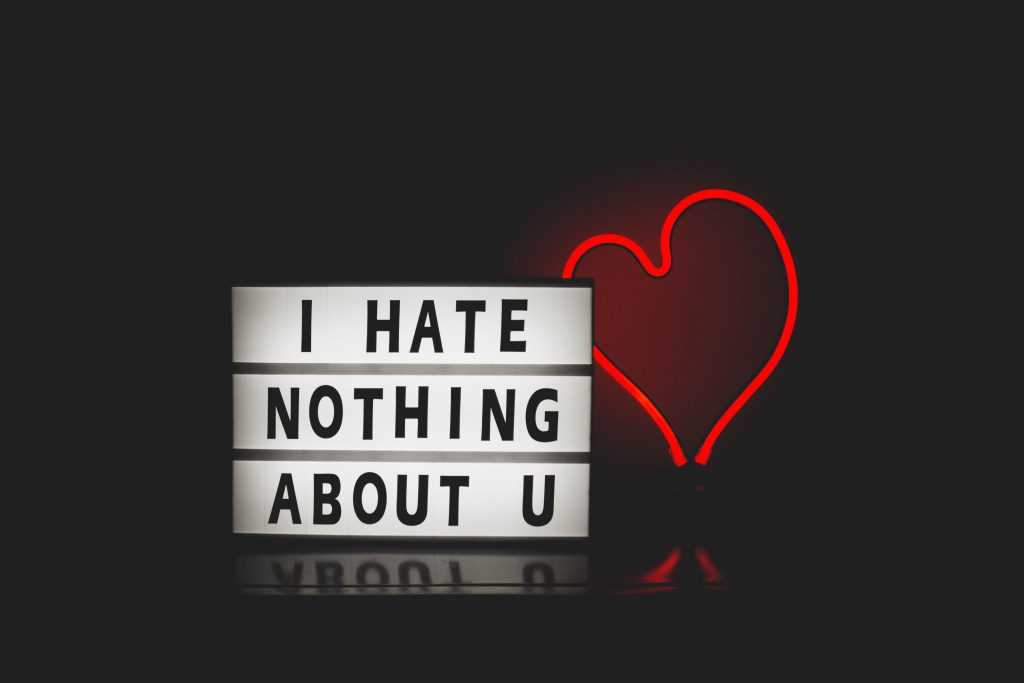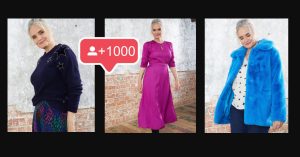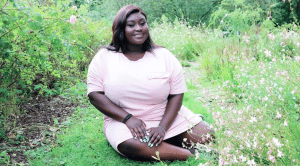What does it really mean to be authentic when your content isn’t political?
“Authenticity” is the new “world peace”, insofar as it’s the answer du jour trotted out when anyone in the public eye is asked what’s most important to them. Creators are always told to remain true to themselves, be themselves, and to be authentic – but what does that actually mean if you make tech videos or cooking tutorials?
Your viewers and followers expect transparency and honesty from you, and the more that you can cultivate these principles, the stronger your engagement will be, and the stronger your brand. This doesn’t mean you have to share every detail of your life, nor you do need to necessarily reveal lots of personal information. It’s more about letting your key values and personality shine through, and not compromising on these things.
For example, imitation may be the greatest form of flattery, but it’s also the furthest point from authenticity. It’s fine to be inspired by other creators and to admire their style and content, but simply copying them won’t do you much good. They’re already doing that thing in that way – why would people want to see it again from someone else? When you’re starting out, you might be tempted to lean very heavily on other creators’ back catalogues for ideas, but it’s important to make the distinction between inspiration and imitation. If you like someone’s photography style, or their style of shooting “get ready with me” videos, use that as a starting point for generating your own great idea, not just making a carbon copy.
Secondly, identify what your own strengths and values are. For some creators, this is easier from a branding perspective than others – if you’re a doctor and looking to start doing YouTube and Instagram, you know that would never endorse any products that aren’t rigorously tested, or promote any lifestyle changes you didn’t fully understand to be safe. Likewise, as a beauty creator, you might take an early stand to only use cruelty-free beauty and to not promote brands who don’t cater to darker skin tones. But if you’re more of a generalist, or you inhabit a really unproblematic area, what does this mean for you?
Truthfully, it’s about setting boundaries. It’s not jumping on every challenge video or trend if it doesn’t feel entirely natural to you or what you do. It’s not accepting every partnership that comes your way if you don’t think the brand is a good fit, or you don’t share similar ethos. It’s about not simply blocking and banning anyone who asks difficult questions or offers genuine constructive criticism. When people complain about creators “selling out”, it usually has something to do with them promoting a product or an event that ends up hugely disappointing people – think of any failed workshops you have seen. In each of the situations, the creators promised something amazing, completely failed to deliver, and then attempted to absolve themselves of any responsibility. Viewers and followers see right through blatant money-making attempts, so pick your ventures wisely. Another example would be Kendall Jenner’s partnership with Pro Activ: she’d long been vocal about struggling with acne, but she also had spoken out about visiting an expensive Beverly Hills dermatologist, so claiming that the budget line had cleared up her skin sparked uproar, and did more harm than good to both parties.
Essentially, if it’s a value in your personal life, make it a value in your professional life. Apply the same kinds of honesty, integrity and individuality that you do in other areas of your life here, too. You do not need to hop on every bandwagon in the hopes that one will take you to the big time. You just need to find a path that is sustainable and natural for you, and it may take you some trial and error to get there. That’s fine, experimentation is part of the process. Keep thinking about your audience and how best to serve them, and ultimately, make sure you’re making content that you yourself would enjoy and find it unique.






